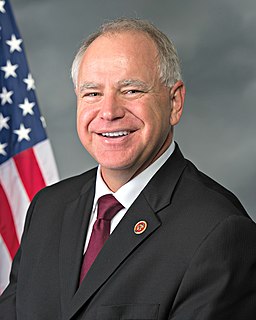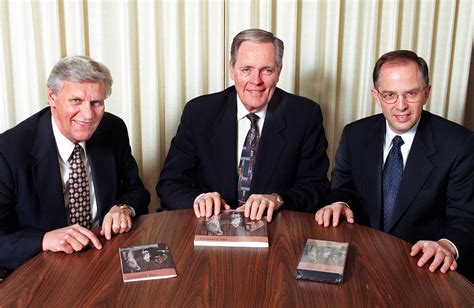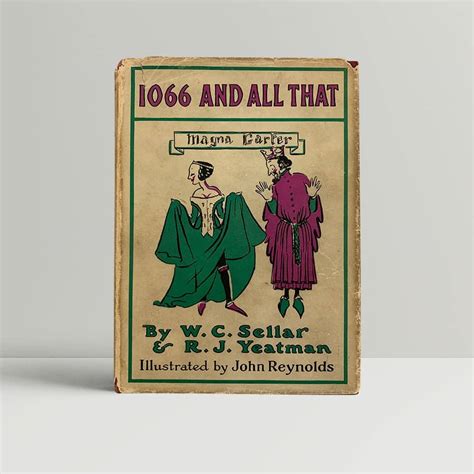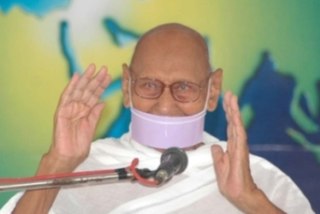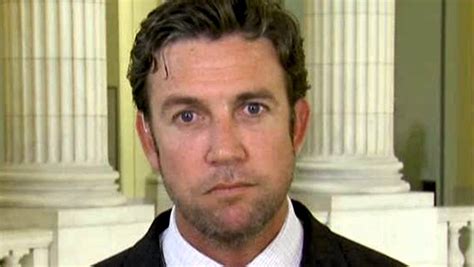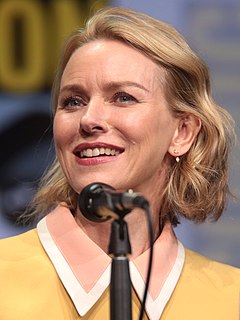A Quote by Petra Nemcova
It's usually when the cameras leave that the support leaves as well.
Related Quotes
When the brave men and women who serve our nation in uniform leave to deploy overseas, they dont just leave behind their family and friends, often times they leave behind jobs and livelihoods as well. After the sacrifices they have made, making sure that they have access to a good paying job to support their families when they return is the least we can do.
You can leave the Church, but you can’t leave it alone. The basic reason for this is simple. Once someone has received a witness of the Spirit and accepted it, he leaves neutral ground. One loses his testimony only by listening to the promptings of the evil one, and Satan’s goal is not complete when a person leaves the Church, but when he comes out in open rebellion against it.
Sometimes when these kinds of things happen, it can seem a little bit too much to bear. But what I want the people of Louisiana know is that you're not alone on this. Even after the TV cameras leave, the whole country is going to continue to support you and help you until we get folks back in their homes and lives are rebuilt.
The world of the stage and the performance on the stage usually does not tend to translate very well - it doesn't tend to hold very well - once cameras are on it; it's not like it's terrible or embarrassing or bad anything, but, I, as an actor, would perform a role differently for an audience than I would for just cameras.
The decision to leave [Iraq] should be based solely on the judgment of the combatant commanders on the ground who say, "My Iraqi counterparts can now handle this particular area of the country on their own with minimum American support or with no American support." When they can do that, we should leave.
The external support can never substitute internal support, the example that we have to look at very well is Egypt and Tunisia ; they have all the support from the West and from the Gulf and from most of the countries of the world. When they don't have support within their country, they couldn't continue more than - how many weeks ? - three weeks. So, the only reason we stand here for two years and a half is because we have internal support, public support.
I've been doing photography in one form or another for, oh golly, over seventy years. I don't carry cameras. I used to. For many years I carried cameras wherever I went. Photograph whatever I saw that was of interest. In the last years, I've only used cameras to explore thematic ideas which presented themselves first. And then bring out the cameras to try to explore that idea.
This uses a lens system, which I have used for years in various different ways, but I've never used it in the context of an interview. This is the very first time that I've done that. It's a lens called The Revolution, so it allowed me to interview Elsa [Dorfman] and actually operate the camera. Well one of the cameras, because there were four cameras there.

